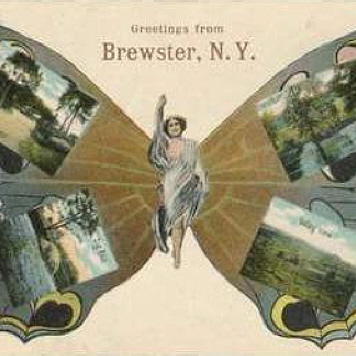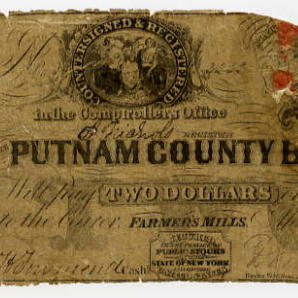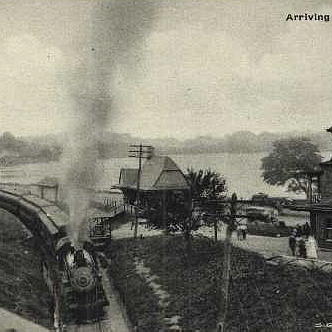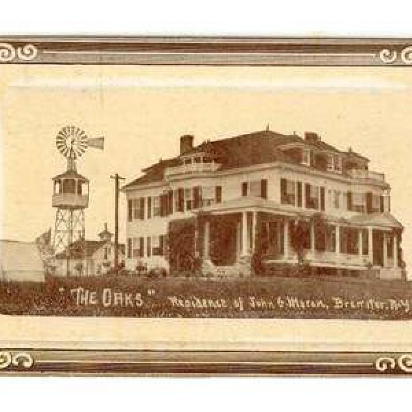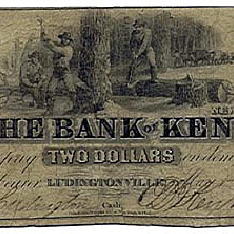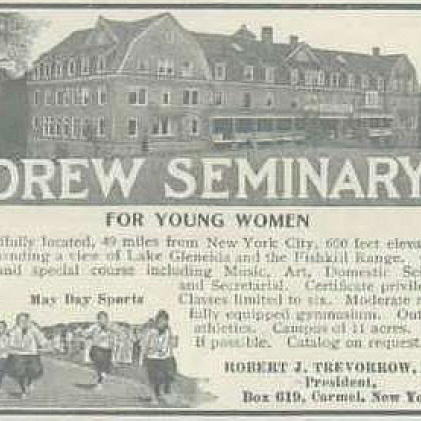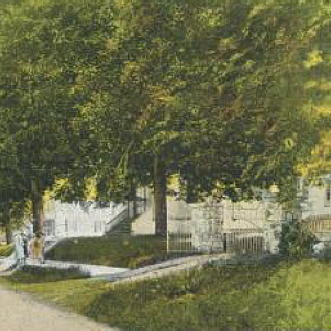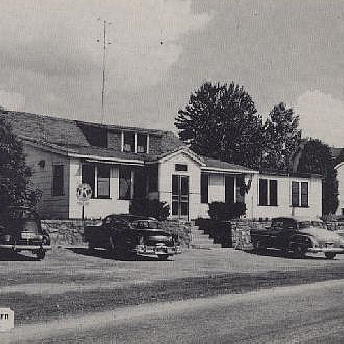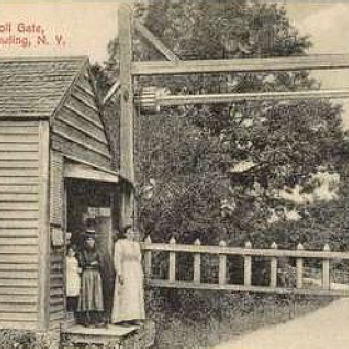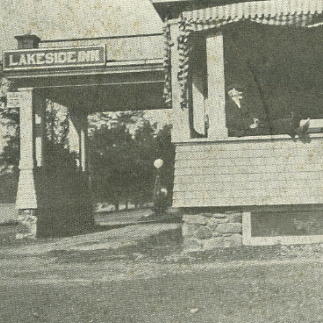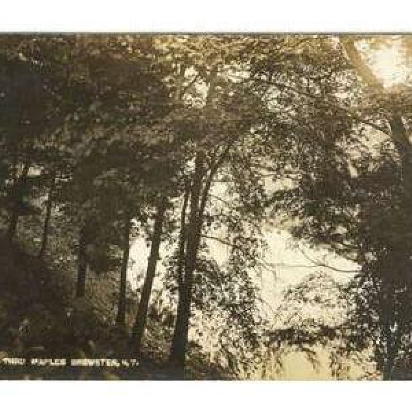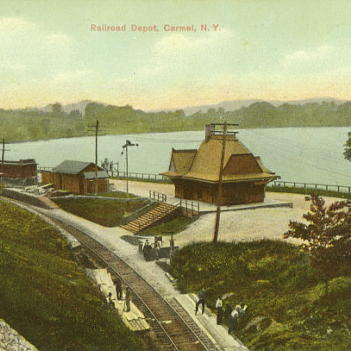Putnam County's Civil War Heroes

By Matthew Hereford.
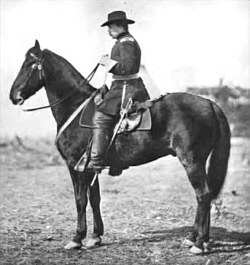
Butterfield:
General Daniel Butterfield was not pleased with the old military call “Extinguish the Lights“, feeling that it was not conducive to rest at the days end. With the help of the brigade bugler, Oliver Norton, Butterfield wrote Taps while in camp at Harrison's Landing, Virginia, following the Seven Day's battle during the Peninsular Campaign of 1862. The call sounded that night in July, 1862, soon spread to other units. By 1863 it became a standard call of the end of the day used by both armies, North and South.
In March 1865, he was made Major General of the Army, a merit few non-West Point graduates ever reached. He remained in the army four years after the war ended.
In 1886 he married the widow Julia L. James and settled in their estate of Craigside in Cold Spring. He was active in many business dealings but always had a great interest in the community of his adopted hometown. On his death in 1901, though not a graduate of the military academy, under a special waiver by the War Department, he was interred at West Point with honors.
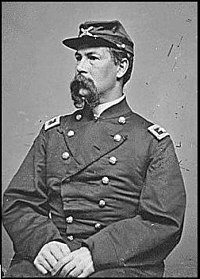
Morris:
William H. Morris, the son of famed poet George Pope Morris author of “Woodsman Spare That Tree”, was born in New York City in 1827. He was a boyhood friend to G. K. Warren, the hero General of Gettysburg, growing up near him at the “Undercliff” estate in Cold Spring. He graduated from the United States Military Academy at West Point in 1851 and was stationed abroad until his resignation in 1854 for reason of illness. He returned to New York and became an associate with his father’s “The National Press” periodical, later to be known as “The Home Journal.”
When the Civil War commenced, he volunteered and was appointed Chief of Staff with the rank of Captain under Major General John J. Peck. He was in most of the engagements of the Peninsular Campaign and was commended for courage and ability.
When recruitment came for the Tenth Senatorial in Westchester, Putnam and Rockland counties, Morris was selected Colonel of the 135th New York Infantry Volunteers from this area. It was later to become the elite 6th New York Heavy Artillery.
Promoted to Brigadier General, he was severely wounded in the battle of Spotsylvania. Because of his wounds, he was discharged from the army. He was awarded Brevet Major General of the Volunteers for “gallant and meritorious service in the battle of the Wilderness.”
He returned to his home “Undercliff”, married Kate Hoffman and had a child George P. Morris. In 1867 he represented Putnam County at the State Constitutional Convention and later became Inspector General of the National Guard. He died in 1900 at age 73.
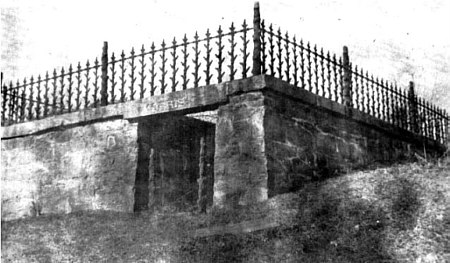
In 2003, the New York Department of Sons of Union Veterans of the Civil War- Admiral John L. Worden Camp 150 with support from local officials and residents of Cold Spring, have begun work on revitalizing the condition of the Morris Family Tomb located at the Mountain Avenue Cemetery. Work will include cleanup of debris, replacement of fallen stone, a bronze plaque and the recasting of the original iron railing and gate. Though a large task, the small group is dedicated in ensuring a respectable resting place for this brave and courageous Civil War officer.
On May 24, 2003 a rededication and memorial service is to be held at the tomb to honor General Morris during the Memorial Day weekend and enlighten the community to the plight of the many forgotten soldiers of the Civil War and the condition of their graves.
